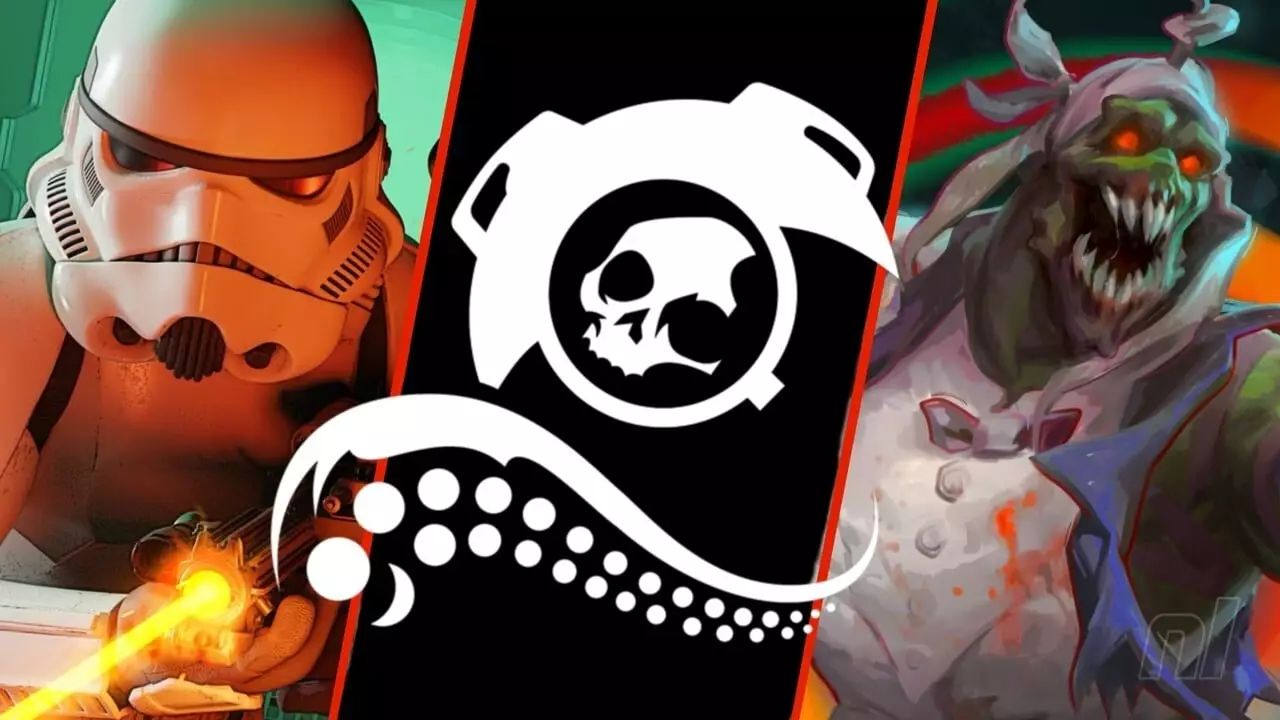For a generation raised on the sleek graphics and expansive worlds of contemporary video games, the 3D titles of the ’90s and early 2000s can appear archaic, if not entirely unplayable. This period marked a pivotal point in gaming history, as developers grappled with the innovative yet challenging move into three-dimensional environments. With the technological limitations of consoles like the PlayStation and Nintendo 64, many games from this time have not aged as gracefully as one might hope. However, for others—especially those who experienced these games firsthand—this era holds a special place in their hearts.
Having grown up alongside the initial wave of 3D gaming, I have an intrinsic affection for the classics that defined my childhood. Titles such as **WipEout**, **Spyro the Dragon**, and even more mature adventures like **Metal Gear Solid** and **Resident Evil** were not just games to me—they were immersive experiences that shaped a generation’s understanding of interactive storytelling. Revisiting these games today can spark both nostalgia and curiosity, especially when they are revamped by dedicated developers.
Enter **Nightdive Studios**, a company founded in 2012 which has made it their mission to breathe new life into the forgotten gems of early 3D gaming. The studio focuses on remastering these titles to improve visual fidelity, gameplay mechanics, and overall player experience while often providing insights into the original development. In recent years, Nightdive has distinguished itself with a string of successful remasters—including **Turok**, **Quake**, and **Doom 64**. Despite a few missteps, such as the underwhelming **Blade Runner: Enhanced Edition**, the studio’s output has sharpened considerably.
The year 2024 indicates a remarkable turning point for Nightdive, which released five new remasters in one year—an astonishing feat for a small team of roughly 40 employees. Even with the support of Atari following their acquisition, this remarkable productivity speaks volumes of Nightdive’s ambition and skill. Their CEO, **Stephen Kick**, aptly described the studio’s recent output as “stunning,” revealing the challenges of managing an influx of projects despite limited personnel. This challenge, while significant, highlights the growing demand for quality remasters of nostalgic titles.
This year’s lineup included a mix of well-known franchises and obscure titles: **Star Wars: Dark Forces Remaster**, **PO’ed: Definitive Edition**, **DOOM + DOOM II** (including a new campaign), as well as **Killing Time: Resurrected** and **The Thing: Remastered**. The emphasis on first-person shooters (FPS) is evident, but the mix of beloved titles with lesser-known curiosities like **Killing Time** illustrates Nightdive’s commitment to both fans and newcomers alike.
For me, discovering **Killing Time** was a revelation. Despite unfamiliarity prior to its remaster, I found its peculiar storyline and eccentric enemy designs captivating. In terms of gameplay, the remastered **DOOM + DOOM II** is particularly significant as it replaces previous iterations on Switch, which were riddled with issues yet patched over time. Nightdive’s version, powered by their KEX engine, ensures a smoother experience, allowing players to enjoy the thrills of classic gaming with modern enhancements.
Nightdive Studios excels not only at revamping existing games but also at maintaining the essence that makes these titles so revered. They have successfully struck a balance between nostalgia and innovation, delivering solid 60 frames per second performance across all platforms while allowing for visual customization. Those on next-gen consoles can enjoy the beauty of 4K resolution at 120 FPS, highlighting the technical advancements in gaming.
Nevertheless, it’s a reality that not all titles may resonate with today’s players, regardless of the polish applied. For instance, while the **PO’ed: Definitive Edition** looks the part, it still retains quirks that can alienate more modern gaming sensibilities. Not every remaster will appeal universally, but this is an essential aspect of gaming diversity; preferences will vary widely among players.
Looking Ahead: The Future of Gaming Remasters
Ultimately, the work Nightdive is doing to rejuvenate these classic titles stands as a remarkable testament to the potential of the gaming industry to merge the past with the present. Atari’s acquisition of the company signals a broader strategy to position itself at the forefront of the retro gaming scene. With Digital Eclipse embarking on interactive documentaries, the two studios together could redefine how we approach vintage gaming and its rich history.
As Nightdive celebrates its most prolific year, anticipation builds for what lies ahead. The question lingers: What traditional titles will receive the Nightdive touch in 2025? Given the trajectory of their successes thus far, it is exciting to ponder the possibilities.
With the gaming community buzzing over the nostalgia and fresh experiences that remasters offer, Nightdive is undoubtedly steering towards a promising future—one where classic gaming heritage continues to thrive and evolve.


Leave a Reply